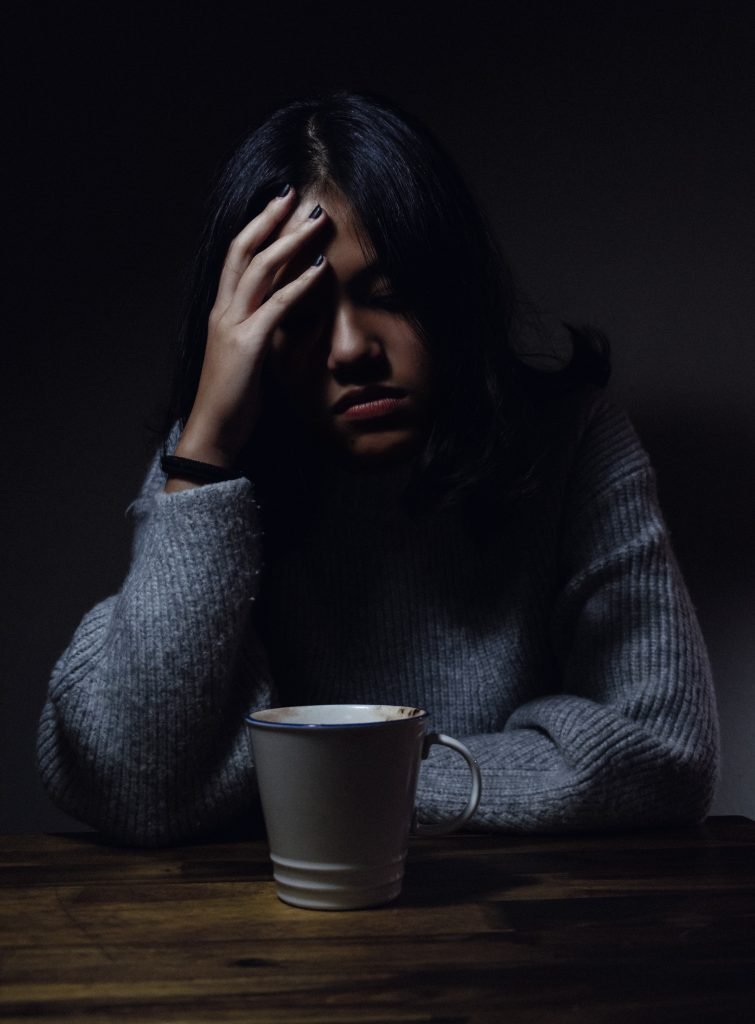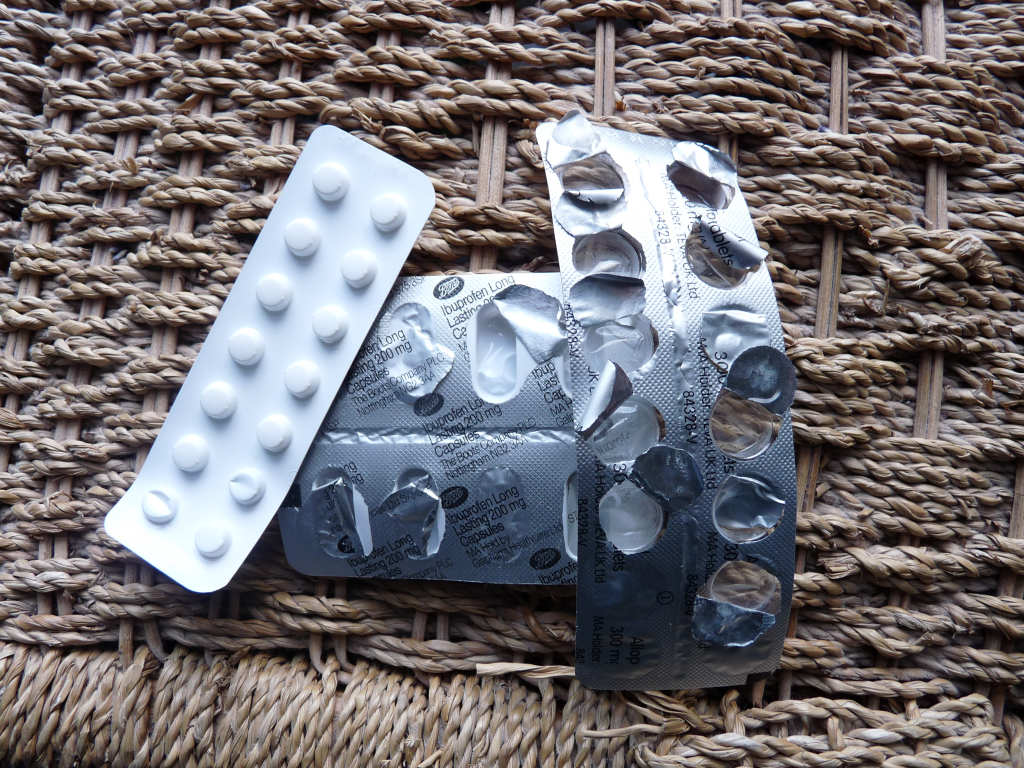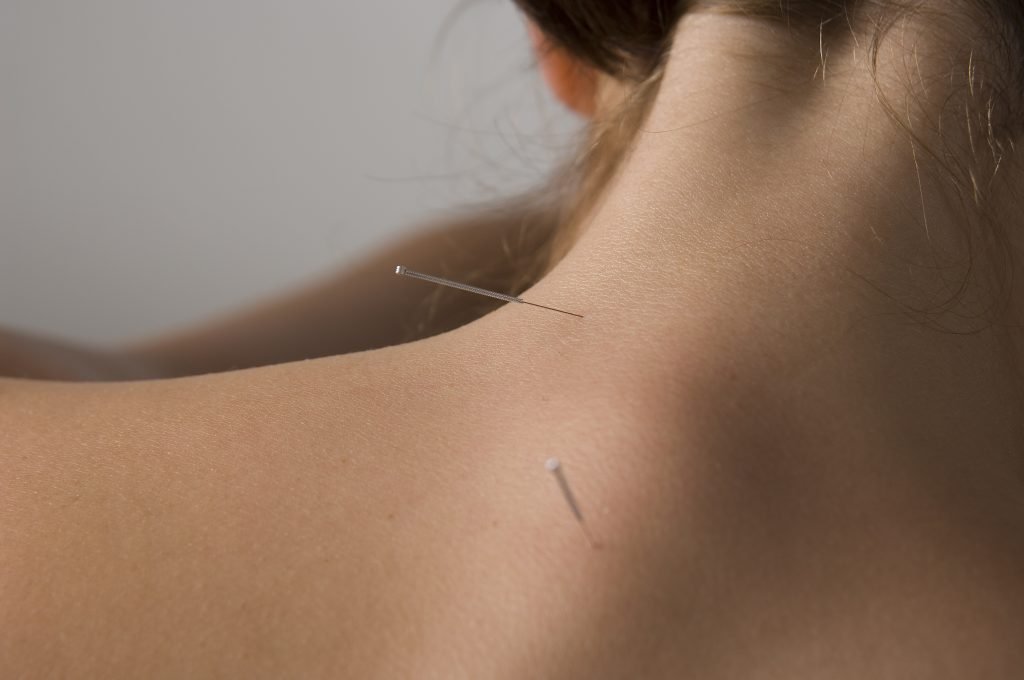
Nervous Stomach Anxiety: yin/yang explanation
Why You get Nervous Stomach Anxiety and How to Handle It. Acupuncture has great ways to help.

What are the results from ‘orthodox’ medicine?
Frankly, not too bad,
BUT! Not many people like it. They find the medication has unpleasant side-effects or they drop out of treatment before it completes. Others apparently recover then relapse unexpectedly.
So although it seems to work, its reputation long-term is not good. Research conducted under the USA National Institutes of Mental Health treatment showed that between one-third and two-thirds of those participating had no real symptom relief.
(Just to repeat: if the original condition was mild, and had persisted for less than two years, then the right medication might be very effective and not lead to relapse. That still doesn’t answer the problem of the side-effects, however.)
Overall, comparisons of the results of the newer SSRIs (Selective serotonin uptake inhibitors) and the older TCAs (Tri-cyclic Antidepressants) shows that the former are about as effective as the latter. About one third of patients on them show improvements that would not have occurred while on placebo, for the second one-third of patients the drugs work about as well as placebo and for the final one-third of patients the drugs don’t work at all.
Similar analyses of results show that psychotherapy is, overall, about as effective as drug-therapy. What is more, although drugs may start work faster, patients on psychotherapy don’t have the same side-effects from drugs, relapse less, and may be better when the reason for the depression isn’t internal: for example if you get depressed because of difficulties at work, not because of a sense of worthlessness that was there beforehand.
In the short-term, medication treatment for depression works quickly, if it works at all. (But it still takes several weeks to work, usually.)
If after a period of medication you stop taking it because you are better, or continue to take it in a smaller ‘maintenance’ dosage, what do surveys show you can expect?
Not so good. Up to one-third of patients who did well on initial medication fall back on continued medication. Long-term, with some drugs, the relapse rate is up to 70%. So once you have depression, it tends to recur. And cognitive or inter-personal therapy seems as good as anything at preventing relapse.
Why do people get depressed, and when might acupuncture treatment for depression work?
There are lots of scientific theories about the causes of depression and there are lots of possible causes in Chinese medicine too. Few patients have just one absolutely clear cause. Often there is both a psychological and a biological cause.
First, what does Western orthodox medicine suggest might be the causes of depression?
There’s a difference between how men and women deal with depression.

Drug treatment for depression means anti-depressants like Tricyclic medications, SSRIs and (still) MAOI (Monamine oxidase inhibitors) antidepressants. All have side-effects, though so far SSRIs seem to have less of them.
For severe cases, ECT – electro-convulsive therapy is still used in some countries.
Cognitive therapy is the treatment of choice, although as explained above, other forms of psychological counseling have their part to play.
Often a combination of approaches is used.
For more on the psychological aspects check here.
In traditional Chinese medicine, treatment for ‘depression’ is a short-hand for a wide range of syndromes. Syndromes are descriptions of conditions in Chinese medicine theory when there is an imbalance in, for example, your zang-fu energies, or when describing a condition recognised in Chinese medicine, like ‘damp‘.
Before designing a treatment for depression, the acupuncturist would, like any practitioner in other forms of medicine, carefully take your case.
In addition, the acupuncturist would take your pulses, look at your tongue, examine any painful areas in your body, palpate your abdomen and consider the results of previous treatments on the flow of Qi along your acupuncture channels.

Your condition might then be described in terms of syndromes. There might be more than one syndrome. However, the following are only examples of what might be diagnosed. There are many other possibilities:
In addition, what might be called ‘re-education’ treatment for depression might be required, if you were in China. In the West we might call this counselling, but in the past some might have described it more like brain-washing. To be fair, however, the aim was to make society work better, and only secondarily, perhaps, to control dissent.
As you can see from the above list, there are many possibilities. Each requires a different strategy when using acupuncture, with different acupuncture points being used.
Of course, the personalities of the patient and acupuncturist matter, but probably more in the West than the East, where the authority and skills of the acupuncturist matter more.

Still, if the diagnosis is correct and the acupuncture treatment for depression performed properly, the syndromes in question should be put right, together with the ‘depression’.
For more on this click on acupuncture for depression. In terms of where you are in life, 5 Elements Acupuncture can often help.
Qi stagnation is very common in depression. You can read my book about it in the link below or on the right.

Stay in Touch!
No spam, only notifications about new articles and updates.

Book a Video consultation if you want to know more about your symptoms

Why You get Nervous Stomach Anxiety and How to Handle It. Acupuncture has great ways to help.
Subscribe to the Newsletter
If you are interested in understanding how Traditional Chinese Medicine can improve your life sign up to my newsletter for the latest updates.
Subscribe to the Newsletter
If you are interested in understanding how Traditional Chinese Medicine can improve your life sign up to my newsletter for the latest updates.